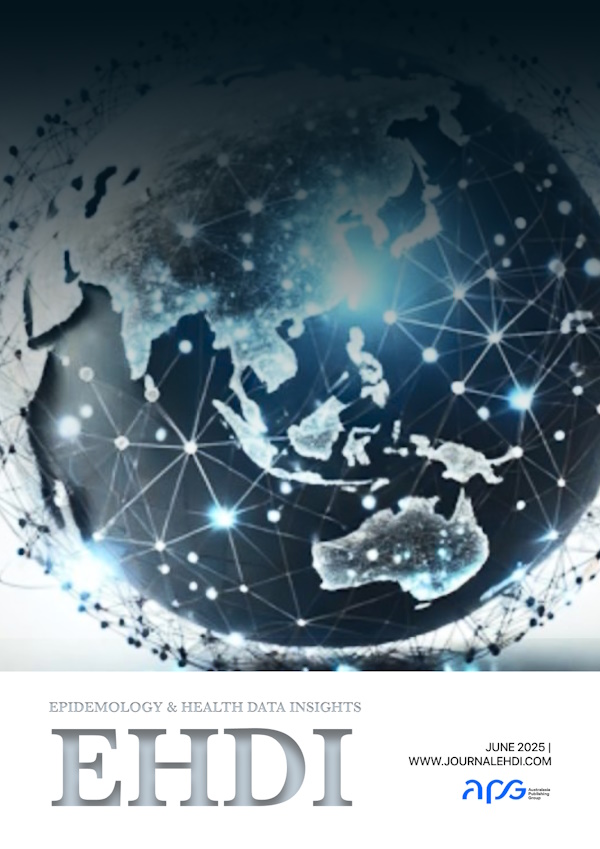
Keyword: Climate Change
2 results found.
Review Article
Epidemiology and Health Data Insights, 2(1), 2026, ehdi025, https://doi.org/10.63946/ehdi/17664
ABSTRACT:
Autoimmune diseases, including Systemic Lupus Erythematosus (SLE), Rheumatoid Arthritis (RA), and Multiple Sclerosis (MS), represent a growing global health burden. These diseases disproportionately affect women and the young, and their complex aetiology involves an interplay between genetic susceptibility and environmental triggers. In light of climate change’s increasing influence on health outcomes, this study explores the potential of machine learning (ML) models to predict climate-sensitive autoimmune diseases. We examine the integration of diverse data sources, such as electronic health records (EHRs), genomic data, and climate exposures, to enhance predictive accuracy. Current ML models in autoimmune disease prediction primarily rely on clinical and omics data, with limited consideration for environmental factors. We identify significant gaps, particularly in incorporating climate data such as particulate matter, UV radiation, and temperature variability. The study also highlights the challenges of data fusion, feature engineering, and causal inference in these models. Ethical concerns, including data privacy, model explainability, and equity, are also addressed. The research underscores the need for large-scale, prospective studies to validate climate-informed models and calls for policy-driven approaches to ensure equitable access and deployment. By bridging these gaps, climate-informed ML models hold promise for personalized, proactive disease prevention and public health planning.
Review Article
Epidemiology and Health Data Insights, 1(3), 2025, ehdi009, https://doi.org/10.63946/ehdi/16744
ABSTRACT:
Climate change is changing how emerging infectious diseases (EIDs) spread over the world. The ecological conditions in which diseases, vectors, and hosts interact are changing because of rising temperatures, shifting patterns of rainfall, and increasingly frequent extreme weather events. This narrative review compiles existing research on climate-sensitive infectious illnesses and elucidates the principal mechanisms influencing observed changes. Food- and water-borne illnesses (e.g., cholera, leptospirosis) are increasingly linked to droughts, floods, and disruptions in infrastructure. Vector-borne diseases like dengue, chikungunya, malaria, and Lyme disease are spreading to highland and temperate areas. At the same time, zoonotic spillovers like Ebola, Nipah, and SARS-CoV-2 are happening more commonly in areas where the ecosystem has been altered. New worries are thermotolerant fungal infections and microorganisms that live in permafrost. This review does not offer new epidemiological modelling; instead, it puts recent Global Burden of Disease (GBD) estimates into context. These estimates reveal that the burden of infectious diseases is rising in regions that are sensitive to climate change, including sub-Saharan Africa, South Asia, and Latin America. Weak surveillance systems, health disparities caused by climate change, and broken data streams are some of the biggest gaps in response. Improvements in AI-based forecasting, satellite surveillance, pathogen genomes, and One Health methods provide useful tools for taking action before something happens. It is important to build public health systems that are climate-responsive, transdisciplinary, and fair in order to reduce the growing dangers posed by infectious illnesses connected to climate change.


